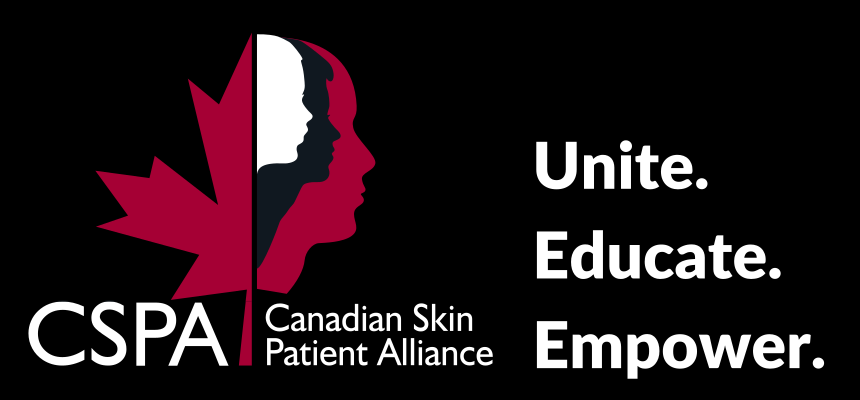Atopic dermatitis has been called the condition you “wear” as it affects your appearance. And while the clinical aspects of atopic dermatitis are obvious, the psychological effects may not be. Symptoms such as redness and flaking can be severe and, when visible to others, can cause some people to be self-consciousness. As well, friends, family and colleagues may not understand this condition, and their lack of sensitivity may upset those with atopic dermatitis.
In addition, the pain and itching associated with atopic dermatitis can be a particular problem at night when it disrupts sleep. Lack of sleep can have repercussions for daily life and interfere with the ability to function well mentally at work or school.
School children particularly may feel embarrassed if they are teased by their classmates because of their condition. As a result, they can experience isolation, low self-esteem, and poor school performance. Parents must be aware of these risks and encourage their children to understand their eczema, be comfortable with it, and talk to their peers about it.
Acknowledging that you have eczema and that it will likely be part of your life for a long time is an important step to managing your well-being. In addition, learning how to control symptoms and keep flare-ups in check through a simple daily skin-care routine can help ease your stress.
Here is a link to a recent report (The Skin I'm in: A NATIONAL REPORT OF THE PATIENT AND CAREGIVER EXPERIENCE WITH ATOPIC DERMATITIS) that we completed in 2017 on the patient and caregiver experience with atopic dermatitis.
Other associations can also help. Visit theEczema Society of Canada or the National Eczema Association (NEA) websites for news, information and advice.











